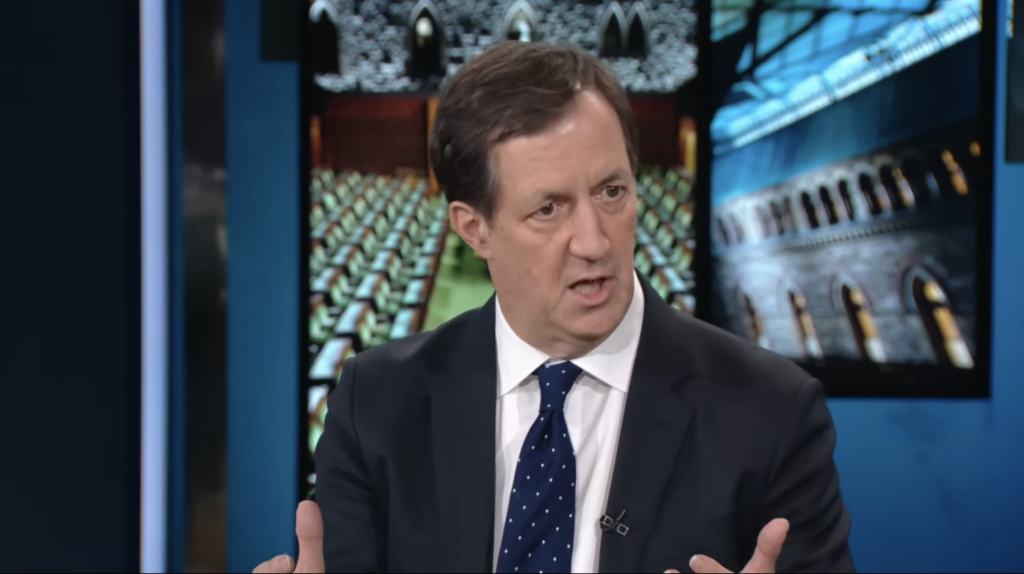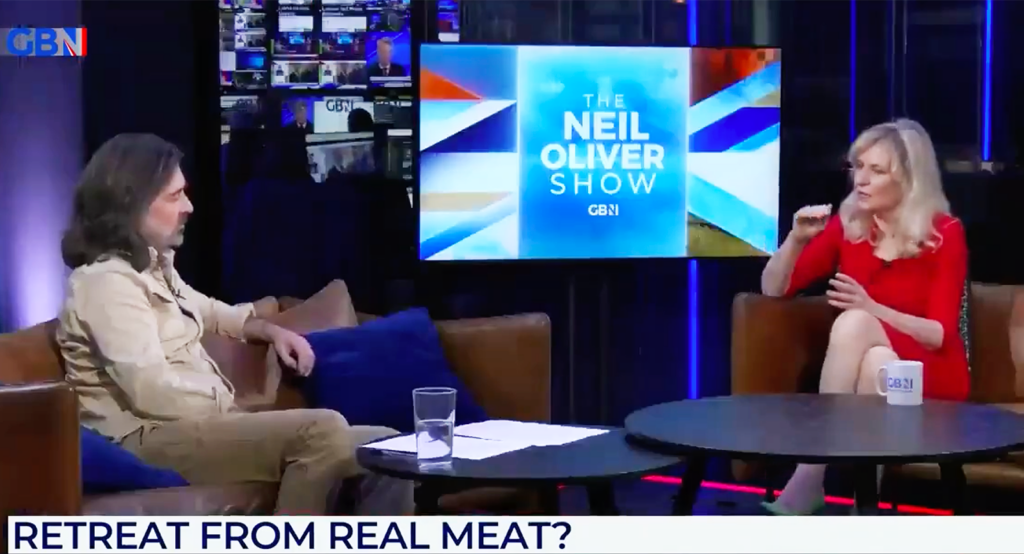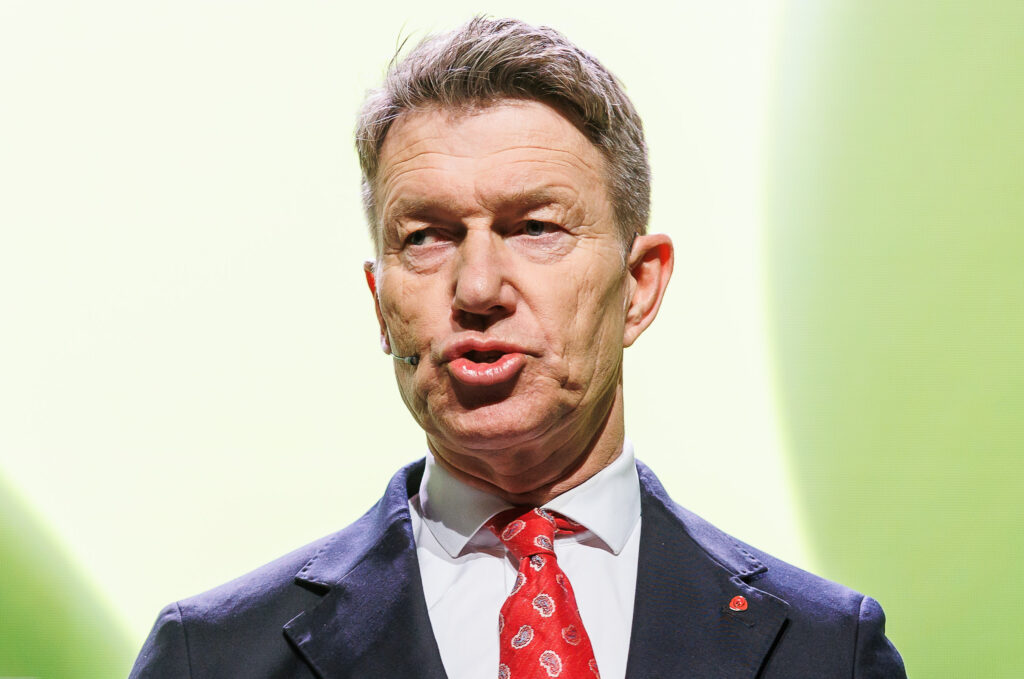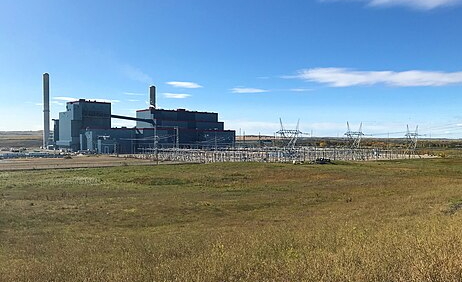Congratulations to Tom Harris, executive director of the Natural Resources Stewardship Project (better known as Not Really Science People), who has scoured the earth for “experts” prepared to deny the science behind climate change and has found a couple of people we’d never heard of before.
Most (27) of Harris’s 31 “experts” fall nicely into the category of “usual suspects,” having all signed the infamous Letter of 60, demanding that the Canadian government take NO action on climate change. (Kudos to Harris for his success on that front, as well.)
But there are four names here that weren’t on that letter. Dr. David Legates (University of Delaware), Dr. Garth Paltride (University of Tasmania, Emeritus), Hans Erren (a “geophysical consultant” from the Netherlands) and Dr. Robert Balling.
Balling has been around for a while, taking money from energy companies (Exxon, etc.) and denying climate change; he must have been out of town when they created the Letter of 60.
And Legates also pops up on the Sourcewatch list of industry-friendly experts. But Erren and Paltridge are new.
Well done Tom. If you can find another living, breathing, climate-change denying “expert” anywhere else on the planet, let us know. We’ll publicize his name and website right here on the DeSmogBlog.
Subscribe to our newsletter
Stay up to date with DeSmog news and alerts





